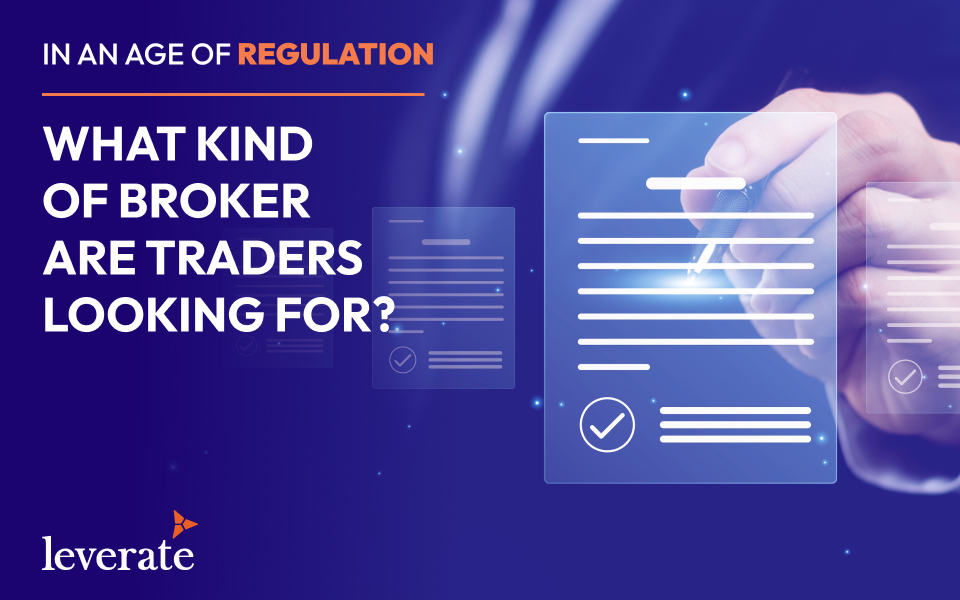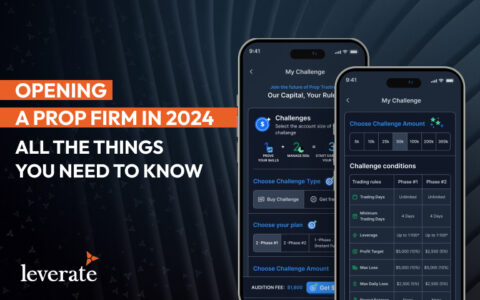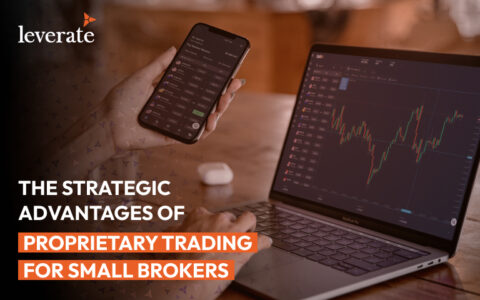
Love them or hate them, brokers are a necessary evil without which traders cannot survive. By their very nature, by being in touch with all the other traders in the market, they have useful information from which you could benefit. But what are the features that make a great broker?
It’s 7 o’clock on a cold Monday morning. The Trading Room is slowly waking up with traders and salesmen taking up their positions. You sit down at your desk, find a place to place your coffee amid an array of papers left over from Friday night’s trading, and there they are, flashing away… calls from your brokers.
Ever since direct phone connections were established between trading desks and inter-market-maker brokers, there has been a love-hate relationship between these two groups of market participants. Traders need brokers, although they could probably survive without them, but without traders, brokers would simply cease to be. Brokers are essentially the oil that lubricates the wheels of the financial machine.
They weave and weasel their way in and out of trades trying to set up indirect trades between the market makers in the FX, credit, and stock markets. Their objective is to match up anonymous buyers and sellers of financial products before those two sides to a trade can find each other in the open market. For this service, they are paid a brokerage fee, or “bro”, normally from one side of the trade. On occasion, with neither side willing to pay the bro, it can be split 50:50 between both sides. The commission paid to the broker is dependent on the size of the trade, so payments for a few moments of effort can easily gross thousands of dollars.
Of course, to get trades done, brokers must fly around their dealers, speaking to them constantly, and often driving them mad. Those flashing lights on the trader’s keyboard represent calls from the broker either sniffing around for business, or with news of a potentially useful bid or offer.
Over the course of time, brokers will develop different relations with individual brokers. Some will become good friends, while others will simply be a pain in the neck. The factors that make a great broker are many and varied. Personality is probably the strongest element that will determine whether you will or will not get on with a broker. If there is some chemistry between you from the start, then that bodes well for a future trader-broker relationship. If you just don’t “like” the broker of a specific firm, then you’re probably never going to get along.
The relationship between broker and trader is a two-way street. If a broker is constantly on the phone, showing you decent bids and offers, and you don’t ever trade with them, then they’ll give up trying. It’s not rocket science to understand the mechanism here. Now and again, you will have to provide business for your broker, to keep them sweet, and to provide nourishment that enables you to build your relationship.
Building a close relationship with your broker is also going to benefit you and your firm. If something is happening in the market, and you receive an early call from your broker, you can be forewarned of a big order that you can use to your advantage. Many times, a broker can prevent a trader ending up on the wrong side of a deal. For example, if there is a big buy order for a certain stock or bond, and your broker has given you “the nod” before it happens, you know to keep your prices high, to avoid being caught short. Likewise, if someone is dumping stock, you can keep your price low to avoid buying stock too high.
But it’s not all business and subterfuge. Brokers love to entertain, and their lunch breaks are open invitations to take clients for a few beers. For good clients, slap-up meals are common. Brokers also have endless supplies of tickets to sporting events that they are happy to pass on to their best clients. Accepting these offers to lunches, the horse track, or to boxing dinners should be accepted if you want to consolidate your relationship with your broker. It’s a tough way to conduct business, but sometimes you have to take one for your team, right?
Forging a strong relationship with your broker takes time and effort, but, at the end of the day, a close link to your broker will make your trading day more enjoyable and enhance your company’s profits. So, the next time you see that flashing light, pick it up—there’s a friend on the other end.



